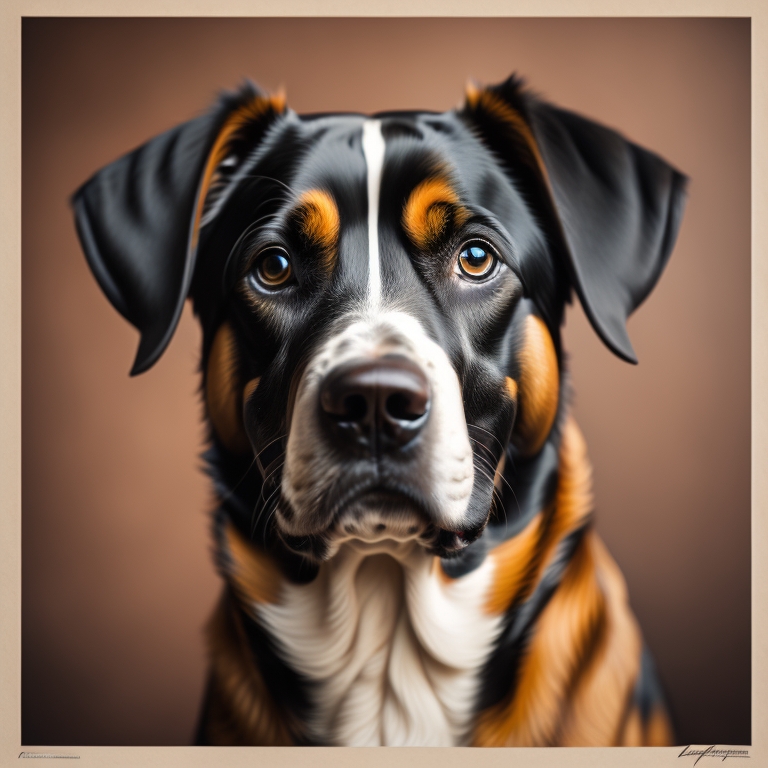Big Dogs Embracing the Majesty and Charisma of Our Gentle Giants
 |
| Big dog |
Big dogs, with their commanding presence and gentle nature, have captured the hearts of dog lovers worldwide. From majestic Great Danes to lovable Saint Bernards, these gentle giants exude a unique charm that sets them apart in the canine world. In this captivating article, we celebrate the allure and beauty of big dogs, exploring the origins of their larger-than-life stature and their roles throughout history. We delve into the endearing traits that make them beloved family members and loyal companions. Discover the joys and challenges of caring for big dogs, as well as the numerous benefits they bring into our lives. Additionally, we address some frequently asked questions, offering valuable insights for both current and prospective big dog owners to ensure a harmonious and fulfilling relationship with these magnificent creatures.
**Unraveling the Fascinating World of Big Dogs**
1. **Origins and Historical Roles:** Many big dog breeds were originally developed for specific tasks such as guarding, herding, and hunting. Their size and strength made them valuable assets in various working roles throughout history.
2. **Unique Charisma:** Big dogs often possess a charismatic and commanding presence, endearing them to people who encounter them.
**The Heartwarming Traits of Big Dogs**
1. **Gentle and Loving:** Despite their imposing size, big dogs often have gentle and affectionate personalities, making them wonderful companions for families and individuals alike.
2. **Protective Instincts:** Many big dogs have a natural protective instinct, showing unwavering loyalty to their families and creating a sense of security.
3. **Playful and Energetic:** Contrary to popular belief, big dogs can be playful and energetic, enjoying outdoor activities and playtime with their human companions.
**The Responsibilities of Owning Big Dogs**
1. **Exercise and Space:** Big dogs generally require ample space to move around and regular exercise to keep them physically and mentally stimulated.
2. **Socialization and Training:** Early socialization and consistent training are crucial to ensure big dogs grow into well-mannered and well-adjusted companions.
**FAQs about Big Dogs**
**Q1. Are big dogs suitable for families with children?**
A1. Yes, many big dog breeds are excellent family dogs and can be gentle and patient with children. However, proper training and supervision are essential to ensure a safe and harmonious relationship between big dogs and children.
**Q2. Do big dogs have specific health concerns?**
A2. Some big dog breeds may be predisposed to certain health issues, such as joint problems or bloat. Regular veterinary check-ups and a balanced diet are essential for maintaining their health and well-being.
**Q3. Do big dogs require more grooming than smaller breeds?**
A3. Some big dog breeds have dense coats that require regular grooming to prevent matting and keep their fur clean and healthy.
**Q4. Do big dogs adapt well to apartment living?**
A4. While some big dogs can adapt to apartment living with sufficient exercise and mental stimulation, they generally thrive better in homes with larger spaces and yards.
**Conclusion**
Big dogs stand as a majestic testament to the captivating diversity of the canine world. Their imposing presence, combined with their gentle and loving nature, make them cherished family members and loyal companions. Embracing the joys and responsibilities of owning big dogs involves providing them with the care, training, and space they need to thrive physically and emotionally. As we celebrate the charm and charisma of our gentle giants, let us revel in the unique bond they create with us, enriching our lives with their unwavering loyalty and affection. Whether it's protecting our homes or warming our hearts with their playful antics, big dogs leave an indelible mark on our lives and remind us of the profound and enduring connection between humans and their canine companions.

